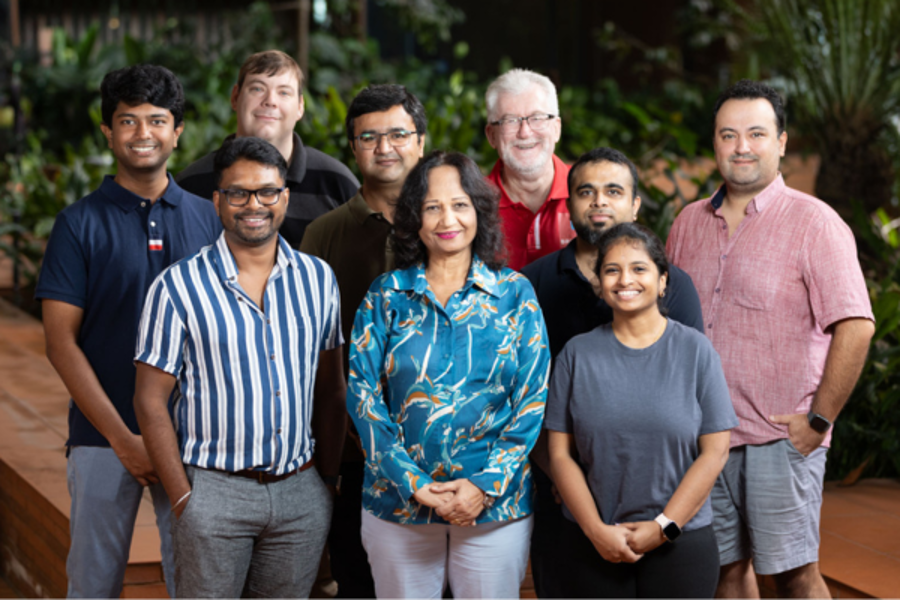Tumour Biology and Therapeutics Research
The Tumour Biology and Therapeutics Research Group has a focus on understanding the mechanisms behind cancer formations and targeting them for cancer treatment, with the goals to understand how normal cells respond to endogenous and exogenous sources of DNA damage. This is an area of critical importance to cancer research as the pathway controlling the DNA damage response (DDR) are involved in tumour suppression and are believed to be mutated at an early stage in the evolution of cancer. Several genes involved in the DNA damage response pathways when functionally compromised (BRCA1, BRCA2 and PALB2) can contribute to breast and ovarian cancer formation.
Paradoxically, many conventional cancer treatments elicit the generation of additional DNA damage to exploit inherent DDR faults present in tumour cells. Tumours can survive these DNA damaging insults by relying on or activating compensatory DNA repair pathways to repair the lesions, leading to cancer recurrence. The underlying theme of our research program is to exploit this dysregulation of the DDR and oncogenic signalling pathways in breast and ovarian cancer to to make existing therapies more effective; and to develop novel combinations of treatment strategies for advanced disease.
The Group's research is multidisciplinary encompassing cell and molecular biology, proteomics, systems biology, mouse genetics (knockout and overexpression models) and preclinical studies using tumour cell lines and patient-derived tumour xenografts and organoid cultures of patient samples sourced from Mater Hospital to better understand development of resistance to standard-of-care therapies. This work is likely to have implications for the development of future cancer therapies with relevance to both killing of cancer cells and protection of normal cells.
Group Leader

Group members
Professor Kum Kum Khanna is supported by group members and student researchers:
- Dr Rahul Srivastava
- Dr Behnam Rashidieh
- Stephen Miles
- Dr Prahlad Raninga
- Dr Murugan Kalimutho
- Mr Cameron Stewart
- Mr Haresh Sankar
- Ms Sivanandhini Sankarasubramanian




